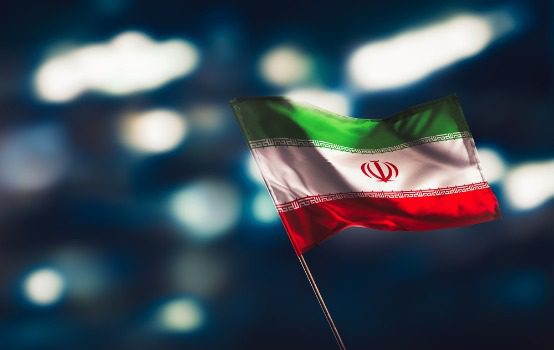The Innocent Victims of Sanctions

Jan Egeland of the Norwegian Refugee Council (NRC) calls attention to the serious harm that U.S. sanctions are doing to the poor and vulnerable in Iran, including millions of Afghan refugees displaced by decades of war:
As a humanitarian attempting to provide relief to Afghans and flood victims in Iran, I take no stand in the strategic disputes between the two political elites. But I am outraged by the blatant lack of attention toward the suffering caused by parts of the “maximum pressure” policy. The leaders on both sides will eat well, but sanctions have a crippling effect on refugees, the poorest and on the humanitarian work we do for the most vulnerable.
Iran and its neighbors all suffer on account of the economic war being waged by the U.S. Hawks like to boast about the devastating effects that “maximum pressure” is having on the Iranian economy, and these poor and refugees are the innocent people who are forced to pay the highest price for their destructive policy. It is always the civilian population that bears the brunt of these cruel and unjust policies, and it is always the poorest members of society that have to endure the worst of it. Our government is responsible for inflicting collective punishment on these people, and it has done so as part of an economic war whose goal appears to be nothing less than the ruin of the country. The government that suffocates tens of millions of people isn’t going to pay attention to the victims of its policy, and the harm that our policies do to the people in other countries is discussed far too rarely in our foreign policy debates. We condemn millions and millions of people to penury, hardship, illness, and even starvation, but the people whose lives are being ruined by these policies remain almost entirely invisible to Washington.
Sanctions simultaneously worsen economic conditions and increase the needs of the population, and they also interfere with the relief work done by the NRC and other aid agencies. Egeland continues:
When severe economic sanctions are introduced, they hit ordinary citizens hard, but they sucker punch vulnerable communities. Already on the margins of society, the poor and the refugees have no cushion when crisis strikes. Many are wholly dependent on humanitarian aid.
Despite promises that humanitarian goods and services would not be sanctioned, our ability to do effective humanitarian work has been hit with a wrecking ball [bold mine-DL]. Our work is much slower, less efficient and more costly. The Norwegian Refugee Council is the largest of only five international nongovernment aid organizations working in Iran.
My team on the ground tells me how they increasingly spend their time and resources on bureaucracy connected to ever-increasing sanctions, rather than delivering humanitarian aid.
Official exemptions for humanitarian goods don’t matter when it becomes virtually impossible to process transactions because of restrictions on financial institutions:
The blacklisting of financial transactions with Iran has meant that all humanitarian agencies are struggling to get working bank channels. It is increasingly hard to transfer money to procure basic relief items even for Afghan refugees [bold mine-DL]. In addition, devastating floods in Iran in April left 2 million people in need.
The Trump administration pretends to leave an opening for humanitarian goods, but in practice their sanctions are so stringent that access to those goods is effectively choked off as well. Egeland concludes:
As humanitarians on the ground in both Iran and Afghanistan, it is our responsibility to bear witness to this neglected but devastating collateral damage of the U.S.-Iranian tensions that appear to escalate each day. There are no refugee voices to be heard in the situation rooms in Washington and Tehran.
The leaders making these decisions will not suffer the consequences, but the poorest will. It is high time people in power look beyond tit-for-tat political measures and acknowledge the serious humanitarian implications that lie ahead for millions of the most vulnerable.
Sanctions destroy economies and harm innocent people by design. They are an indiscriminate weapon that our government uses with alarming frequency, and our government uses that weapon without any regard for the millions of lives that it ruins. The economic war on Iran needs to be brought to an end, and we need to renounce the use of this weapon in the future.
Comments